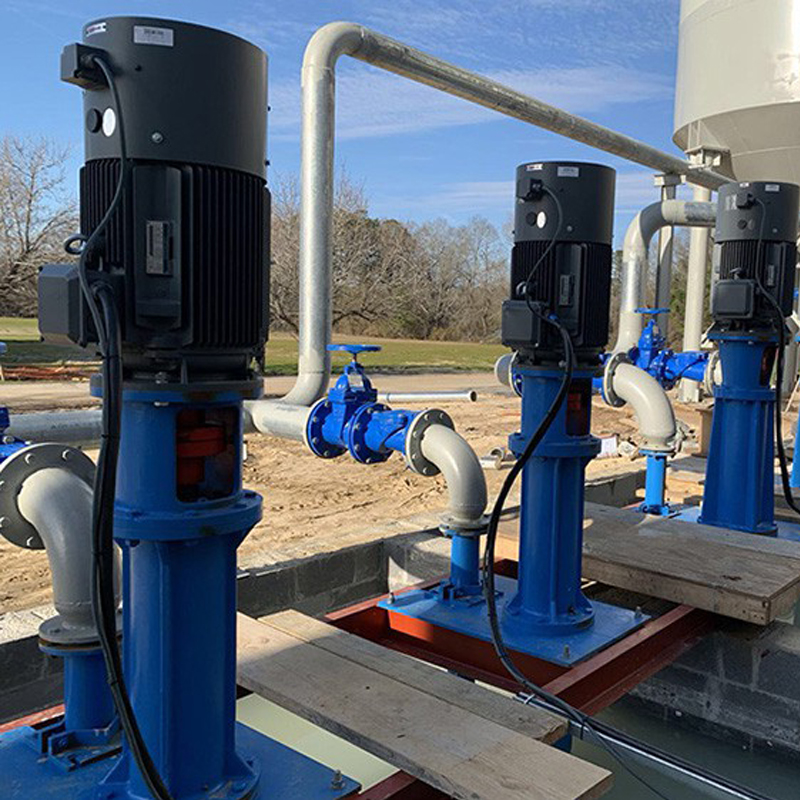English
- Afrikaans
- Albanian
- Amharic
- Arabic
- Armenian
- Azerbaijani
- Basque
- Belarusian
- Bengali
- Bosnian
- Bulgarian
- Catalan
- Cebuano
- Corsican
- Croatian
- Czech
- Danish
- Dutch
- English
- Esperanto
- Estonian
- Finnish
- French
- Frisian
- Galician
- Georgian
- German
- Greek
- Gujarati
- Haitian Creole
- hausa
- hawaiian
- Hebrew
- Hindi
- Miao
- Hungarian
- Icelandic
- igbo
- Indonesian
- irish
- Italian
- Japanese
- Javanese
- Kannada
- kazakh
- Khmer
- Rwandese
- Korean
- Kurdish
- Kyrgyz
- Lao
- Latin
- Latvian
- Lithuanian
- Luxembourgish
- Macedonian
- Malgashi
- Malay
- Malayalam
- Maltese
- Maori
- Marathi
- Mongolian
- Myanmar
- Nepali
- Norwegian
- Norwegian
- Occitan
- Pashto
- Persian
- Polish
- Portuguese
- Punjabi
- Romanian
- Russian
- Samoan
- Scottish Gaelic
- Serbian
- Sesotho
- Shona
- Sindhi
- Sinhala
- Slovak
- Slovenian
- Somali
- Spanish
- Sundanese
- Swahili
- Swedish
- Tagalog
- Tajik
- Tamil
- Tatar
- Telugu
- Thai
- Turkish
- Turkmen
- Ukrainian
- Urdu
- Uighur
- Uzbek
- Vietnamese
- Welsh
- Bantu
- Yiddish
- Yoruba
- Zulu
Telephone: +86 13120555503
Email: frank@cypump.com
Sep . 25, 2024 07:13 Back to list
Basement Pump Solutions for Effective Waste Management and Water Removal Techniques
Understanding Basement Waste Pumps A Homeowner's Guide
Basement waste pumps play a crucial role in maintaining the integrity and cleanliness of homes, particularly those with below-grade basements. Often subjected to issues like flooding and sewage backup, these spaces require effective waste management systems to prevent serious damage and health risks. In this article, we will explore the function, benefits, and maintenance of basement waste pumps, and why every homeowner should consider investing in one.
What is a Basement Waste Pump?
A basement waste pump, commonly referred to as a sewage pump or sump pump, is a device designed to remove wastewater from areas where gravity drainage is not feasible. These pumps are typically used in conjunction with a basin or sump pit, where water collects before being pumped away to a municipal sewer system or septic field. This system is essential for basements that are prone to flooding, where groundwater or sewer backups can lead to significant issues if left unaddressed.
How Does It Work?
The operation of a basement waste pump is relatively straightforward. When water or sewage accumulates in the sump pit, a float switch detects the rising water level. Once it reaches a predetermined height, the pump automatically activates, propelling the waste water through pipes to a designated drainage point. This process helps to keep basements dry and free from the unpleasant odors associated with stagnant water.
Benefits of Basement Waste Pumps
1. Prevention of Water Damage By effectively removing excess water, waste pumps help homeowners avoid costly damage to their foundations, walls, and personal belongings.
2. Health and Safety Stagnant water can become a breeding ground for bacteria and mold, posing health risks to residents. Waste pumps mitigate these hazards by ensuring proper drainage.
basement waste pump

3. Increased Property Value Homes equipped with efficient waste management systems are often more appealing to potential buyers, increasing overall property value.
4. Convenience Modern basement waste pumps can be equipped with backup systems, ensuring that homeowners remain protected even during power outages or pump failures.
Maintenance Tips
To ensure optimal performance, regular maintenance of basement waste pumps is essential. Homeowners should consider the following tips
- Regular Inspections Check the pump periodically to ensure it is free of debris and functioning correctly. Listen for unusual sounds during operation, which may indicate a problem.
- Testing the System Conduct routine tests by pouring water into the sump pit to observe if the pump activates as it should.
- Check the Power Source Make sure the pump is plugged and that the circuit is operational. Using a dedicated circuit can prevent overloads.
- Professional Servicing For comprehensive maintenance, enlisting professional services can help address any underlying issues and prolong the life of the pump.
In conclusion, basement waste pumps are an invaluable component of any home with a basement. By effectively managing wastewater and preventing flooding, these devices safeguard your property and health. Investing in a quality pump and maintaining it regularly can lead to peace of mind, knowing that your home is protected from the elements.
-
ISG Series Vertical Pipeline Pump - Chi Yuan Pumps Co., LTD.|High Efficiency, Energy Conservation, Low Noise
NewsJul.29,2025
-
ISG Series Vertical Pipeline Pump-Chi Yuan Pumps Co., LTD.|High Efficiency&Energy-Saving
NewsJul.29,2025
-
ISG Series Vertical Pipeline Pump - Chi Yuan Pumps Co., LTD. | High Efficiency, Energy-Saving
NewsJul.29,2025
-
ISG Series Pipeline Pump - Chi Yuan Pumps | High Efficiency, Low Noise
NewsJul.29,2025
-
High-Efficiency Vertical Slurry Pumps for Mining & Industry Solutions
NewsJul.29,2025
-
High-Efficiency Pipeline Pump Solutions for Every Pipeline Pump Station
NewsJul.29,2025










